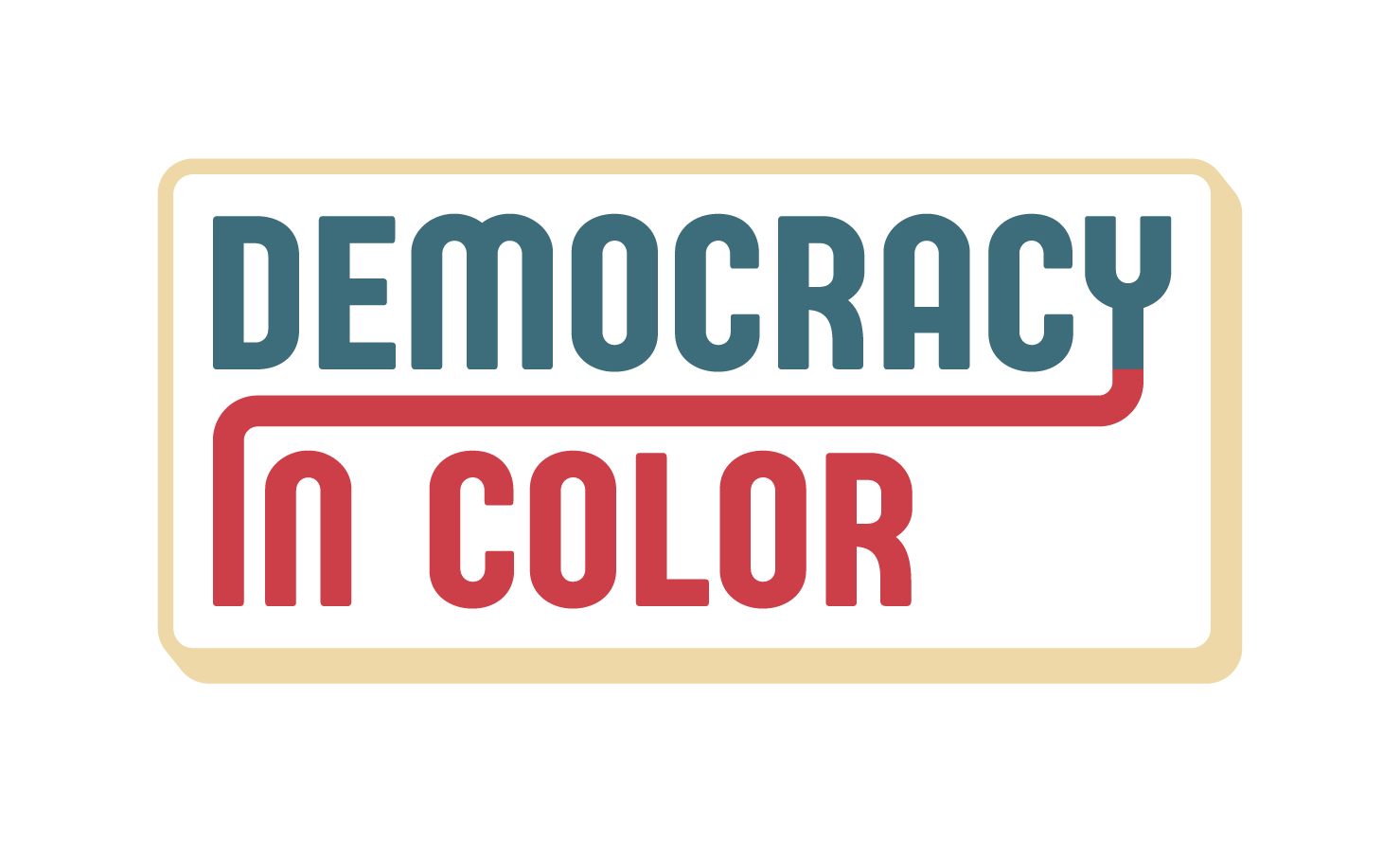June 2020, Generally
Trump called for using the military to “dominate” Black Lives Matter protesters on June 1, 2020.
Senior Trump campaign advisor Mercedes Schlapp retweeted a viral video of a man threatening Black Lives Matter protesters with a chainsaw and using the N-word on June 6, 2020. Schlapp subsequently tweeted the same video with the racial slur muted.
On June 7, a handful of top Trump administration officials denied the existence of systemic racism in media interviews.
Referring to military bases named for Confederate leaders, the president tweeted on June 10, 2020:
The United States of America trained and deployed our HEROES on these Hallowed Grounds, and won two World Wars. Therefore my Administration will not even consider the renaming of these Magnificent and Fabled Military Installations.
Trump later threatened to veto legislation to rename those military bases. Congress subsequently passed such legislation by veto-proof majorities, leading Trump to tweet that he remains dedicated to blocking renaming efforts.
In a June 12, 2020 interview with Fox News’ Harris Falker, who is Black, President Trump claimed to have done more for Black people than any other president, carving out a possible exception for President Abraham Lincoln.
In three media interviews on June 18, 2020, Trump spoke on race issues. He told the Wall Street Journal that his utterance that “when the looting starts, the shooting starts” was “both” a fact and a threat. He also took credit for making Juneteenth “very famous,” though displayed ignorance about the related statement released by the White House. On Fox News, that same day, he seemed to defend police brutality and said, “police have not been treated fairly in this country.”
Amid divided advisors, President Trump has repeatedly said of Black Lives Matter protesters, “These are not my voters.” According to a June 18, 2020 report by NBC News, some advisors support the president’s insensitive, racist rhetoric following the murder of George Floyd by police.
The president tweeted a doctored, viral video — widely known as the “racist baby” video — which inaccurately accused CNN of fabricating a news story to find racism where it did not exist. On June 19, 2020, both Facebook and Twitter removed the video from their platforms for its inaccuracy.
Also on June 19, 2020, “for violating [their] policy against organized hate,” Facebook announced the removal of Trump campaign ads employing a Nazi symbol.
President Trump said “the silent majority is stronger than ever before,” at a June 20, 2020 rally in Tulsa, Okla., on native land. The phrase “silent majority” is historically linked to President Nixon’s racist Southern Strategy, employed by his campaigns.
During that rally, President Trump also labelled COVID-19 as the “kung flu,” as his crowd of supporters cheered. He also referred to a hypothetical burglar as “a very tough hombre,” earning laughs from his audience.
That rally, which took place in the former home city of the Black Wall Street—which was burned to the ground during a 1921 race massacre—was initially planned for June 19, or Juneteenth.
In a June 22, 2020 interview with Catholic News Agency, President Trump indicated his eagerness to defend monuments to Confederates by executive order. He also defended his failure to comply with a Supreme Court order to restore Deferred Action for Childhood Arrivals (DACA). Additionally, Trump attacked his past National Security Advisor John Bolton for his claim that Trump approved forced internment and reeducation camps built by the Chinese government for the Uighur ethnic minority, who are largely Muslim.
Also on June 22, 2020, President Trump asked why there were no protesters in the streets concerned about a Black man punching a white retail store employee, video of which he also tweeted. Some have suggested the store employee used a racial slur before being struck.
That same day, White House press secretary Kayleigh McEnany defended the president’s persistent use of the term “kung flu” as a moniker for COVID-19. President Trump had used the term again at a Tulsa campaign rally days earlier. The president used the term once more at a Phoenix rally on June 23, 2020 to raucous cheers from attendees.
At a Students for Trump rally on June 23, 2020, event speaker Reagan Escudé criticized Quaker Oats for recently rebranding its “Aunt Jemima” syrup for the racist history and association of the brand. Escudé is an employee of Turning Point USA, a nonprofit organizing students who favor Trump.
Through June 23, 2020, President Trump insisted on calling COVID-19 the “kung flu” or the “Chinese virus,” in what Vox saw as an effort to fan the flames of xenophobia.
Trump retweeted a post on June 28, 2020, in which a Florida supporter chants, “White power!” The sole Black Republican Senator, Tim Scott, decried the video as “indefensible.” Trump has since deleted the tweet, with press secretary Kayleigh McEnany claiming that the president watched the video, but did not hear the repeated, clear chants of “white power.” The White House failed to condemn either the tweet or the phrase “white power.”
Reddit shut down a forum populated by supporters of President Trump on June 29, 2020 after years of “racism, misogyny, anti-Semitism, glorification of violence and conspiracy theories that flourished there,” according to the Washington Post.
That same day, livestreaming platform Twitch suspended the president’s channel for “hateful content” after a pair of videos were broadcast in which the president spoke disparagingly of Mexican and Latinx people.
A June 30, 2020 Washington Post story noted the president’s numerous tweets dedicated to tough-on-crime approaches towards Black Lives Matter protesters and vandals of Confederate monuments amid near silence on the COVID-19 pandemic. The Center for Disease Control observes that the virus disproportionately infects and kills Black, Latinx, and Native American people in the United States, who experience hospitalizations at four-to-five times the rate of white people.

